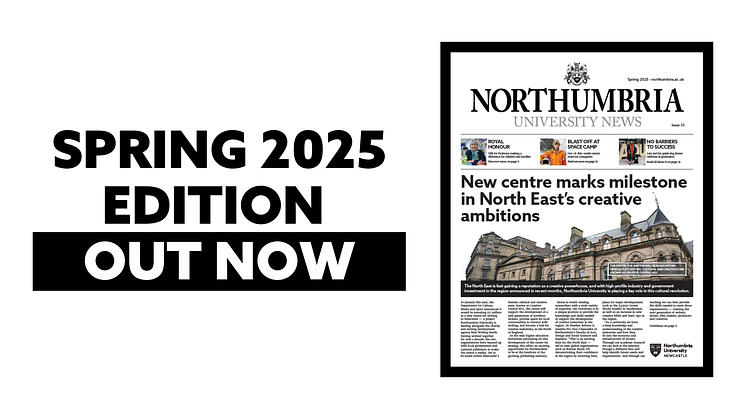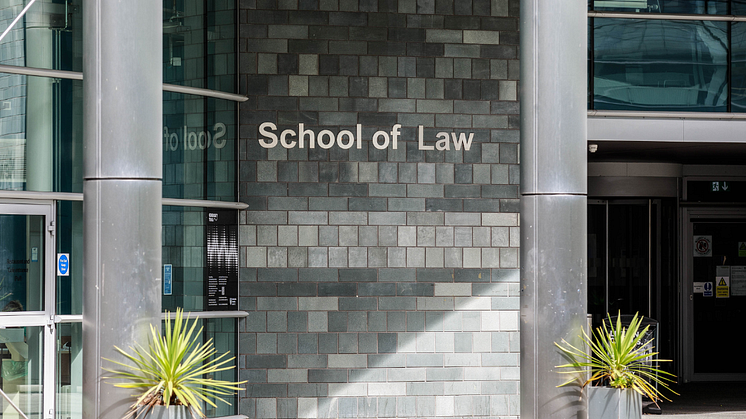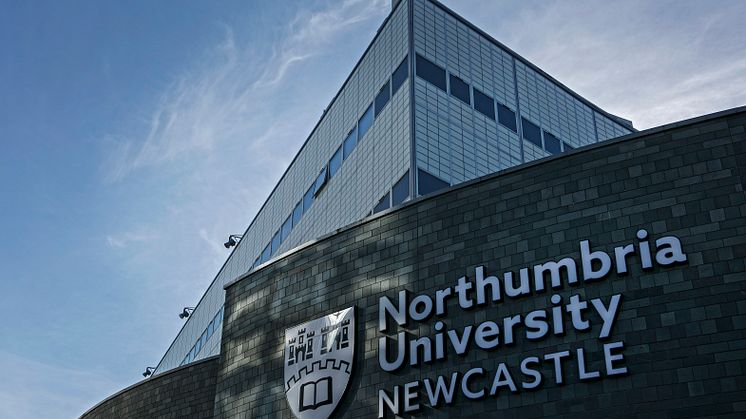Read the latest issue of Northumbria University News: Spring 2025 edition
The Spring 2025 edition of Northumbria University’s newspaper is available to collect on campus or read online now.

The Spring 2025 edition of Northumbria University’s newspaper is available to collect on campus or read online now.

Northumbria Law School academic Professor Marion Oswald MBE has been appointed by the Home Office to the Biometrics and Forensics Ethics Group (BFEG), an advisory non-departmental public body.

When someone applies for asylum in the UK today, they may be waiting months or even years for their application to be decided, thanks to the record-high backlog that the government is failing to tackle.
Painstaking new analysis of activity linked to the terrorist organisation ETA, responsible for waging a campaign for independence in northern Spain and south-west France, suggests the total number of victims could have been underestimated by more than 100.

Many of us share life updates on social media, but should we be sharing photos of our children online? In an article written for The Conversation, Claire Bessant, Associate Professor in Law at Northumbria University, discusses the potential implications of “sharenting”.
The difficulty working with darker skin tones reflects the experiences of people of colour who try to use facial recognition technology. In recent years, researchers have demonstrated the unfairness in facial recognition systems, finding that the software and algorithms developed by big technology companies are more accurate at recognising lighter skin tones than darker ones.
The ethical implications of machines being able to read human emotions will be explored in a ground-breaking new research project, involving Northumbria University criminologist Dr Diana Miranda.
